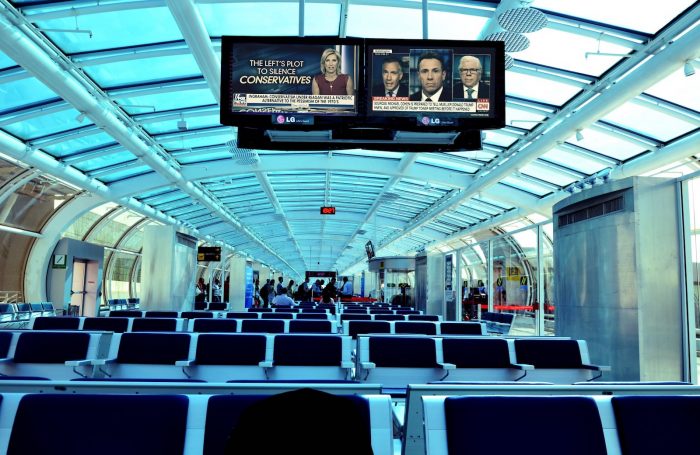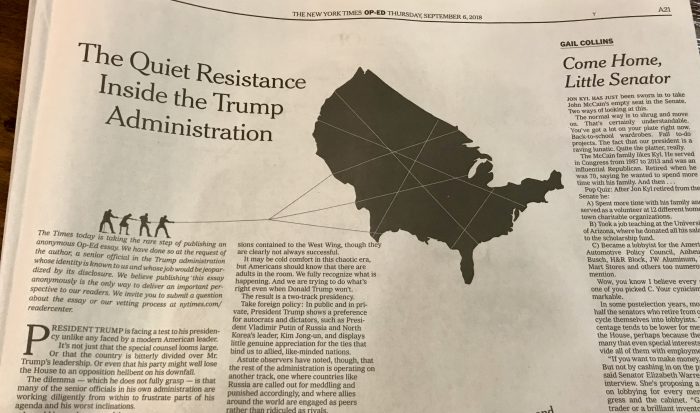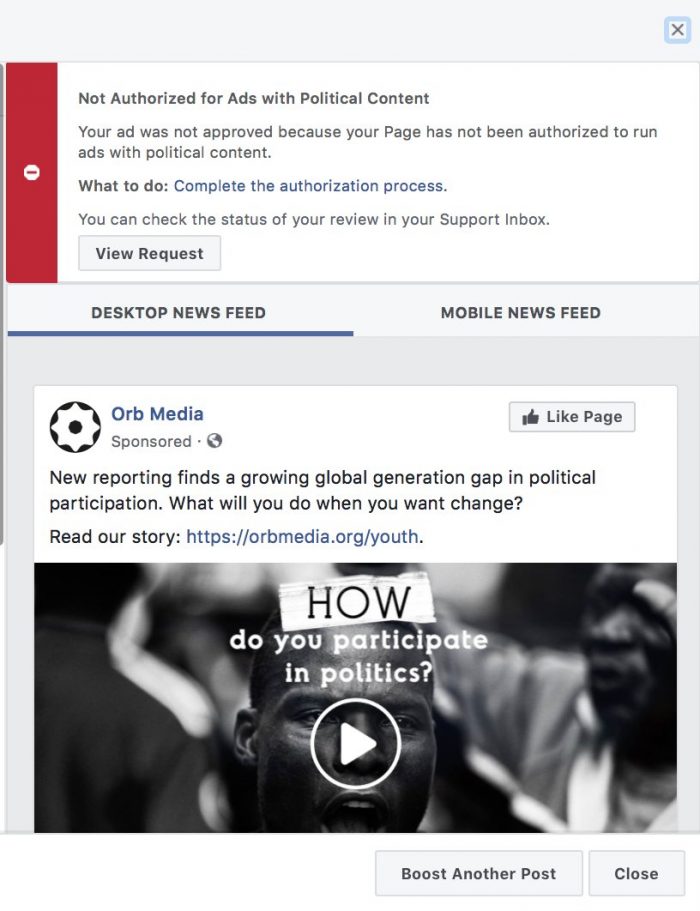Ken DoctorSeptember 10, 2018
The press is, at its best, the strong and steady hand at keeping the public informed. No surprise, it is the twin Watergate-tested news institutions of The New York Times and The Washington Post that continue to lead that informing.




